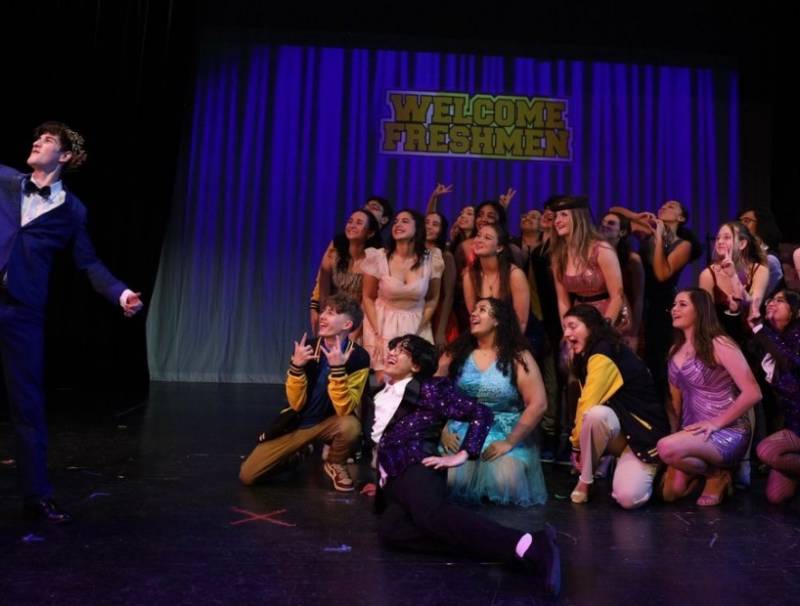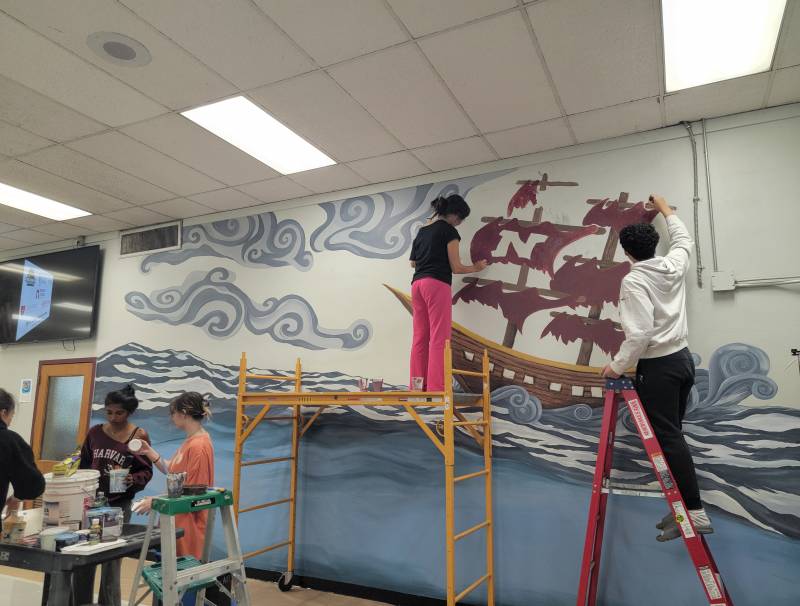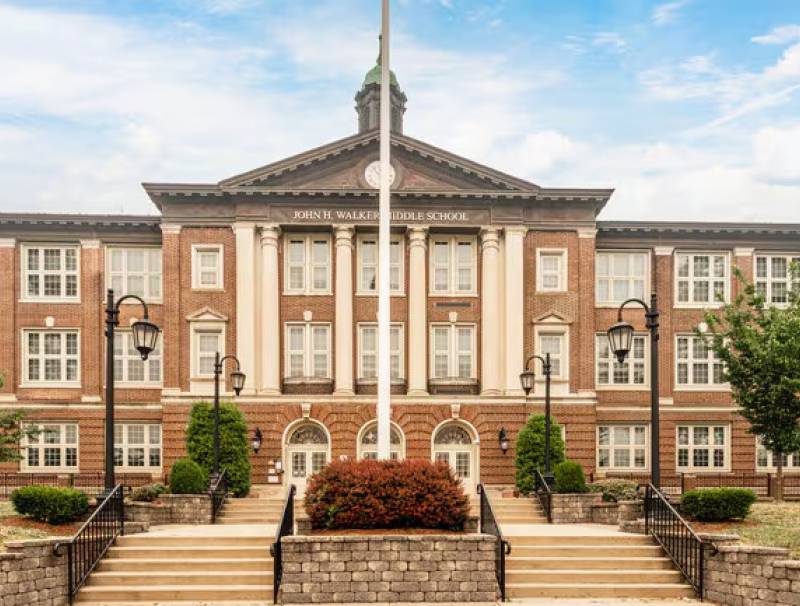The Handmaid's Tale is a Whole New World
The Handmaid's Tale is a book and television series taking millennials by storm. It is dystopian fiction woven together by the highly accredited, Margaret Atwood. The book became so popular, it was turned into a show on HBO. Sadly, for those who prefer watching to reading, today we’re staying strictly old-school.
The story takes place in a distant future in which the common man, and women, are forced into modes of slavery. It unfolds in a complex world, a world so well-developed you could almost envision it as a reality. Women are forced into five ‘career’ categories, with explicit directions on how to behave based solely on classism ideals.
The rich, and elderly, become ‘Wives’ to the rich men. They, by law, are married, but their true relationships do not matter. Wives do nothing, to put it simply. They put the trophy in trophy wives. They sew, garden, and nothing else. Wives are placed on a pedestal for the absolute nothingness they contribute to society and they are the most loved and prized. While aggravating, Atwood’s description of their place in society is about equivalent to the reality that we have now. I’m looking at you Kardashians!
Next in line, we have the Handmaids, the position and the star of the story. Offred is the most realistic and relatable character a story has ever produced. Mixed in with her sense of heroism and need to escape, her thoughts become muddled with the toxicity of the world that is constantly radiating around her. Slowly, she is dragged down into the anti-feminist movement of the government and begins to accept the world around her. She takes on her position of birthgiver, yes, that’s their purpose. They exist purely to be impregnated, due to the fact the wives are too senile. Offred begins to fall into place with her life. She is not free from crimes, but she did not take on that unrealistic standard of ‘hero’ or ‘rebel’ that often comes with our favorite dystopian novels.
The Aunts are the true believers in the installed regime. They practice and teach dehumanizing beliefs to women. Aunts teach women that it is their fault for being sexually harassed, that it's their fault men act in uncalled for rude, sexualizing, objectifying behaviors. They drill it so far into women’s heads so that whether they believe it is true or not, their ways of thinking are forever changed.
The next categories are not completely detailed in the novel and ironically it also makes the most sense to breeze over them due to the fact they don’t legitimately need to beexplored. They are the Econwives, those who are loyal to their poor husbands. The Marthas cook, clean, and help raise the children that the Handmaids produces although, they are ranked higher than the Handmaids. Marthas are paid much less attention to.
Onto the tragic symbols of rebellion, Jezebels. Women who defy the more common placements and rather than hide their sexuality, are forced to exploit it for men. They use their sexuality to avoid being sent away to the Colonies. That’s where the Unwomen go, women who defy these expectations are sent away from Gilead, where the story takes place. There, they work until death, whether it be due to age or poison.
More so than plot, the real shock of this novel is the world. The story is especially prevalent now with the abortion laws and women’s rights being so talked about. Although, I do suppose Offred’s story, it is a wonderful example of how it would play out, so I’ll parlay this review more into what she went through.
Atwood makes the entire book about women losing their rights to men. We then have Offred fall for a man; she falls so hard for him that she begins to accept the world she is in and the loss of her rights. The juxtaposition is so entirely irritating, but also understandable. In a world with nothing, why not cling onto something? Atwood has a way of interweaving so many different prominent societal issues all into one book.
The ending of this book, to put it simply, will likely make you throw something and give you the urge to scream. It is possibly the most vague ending ever created, but also needs nothing else to complete it.
So why are we getting a sequel? It’s so unnecessary and is going to drag out the story to god knows where. Why take such a beautifully woven tale and try to strangle ideas out of it when it’s already stunning as is? I think the sequel is pointless, but if anyone can write that story, it’s Atwood. I just don’t understand how it could live up to The Handmaid’s Tale.





